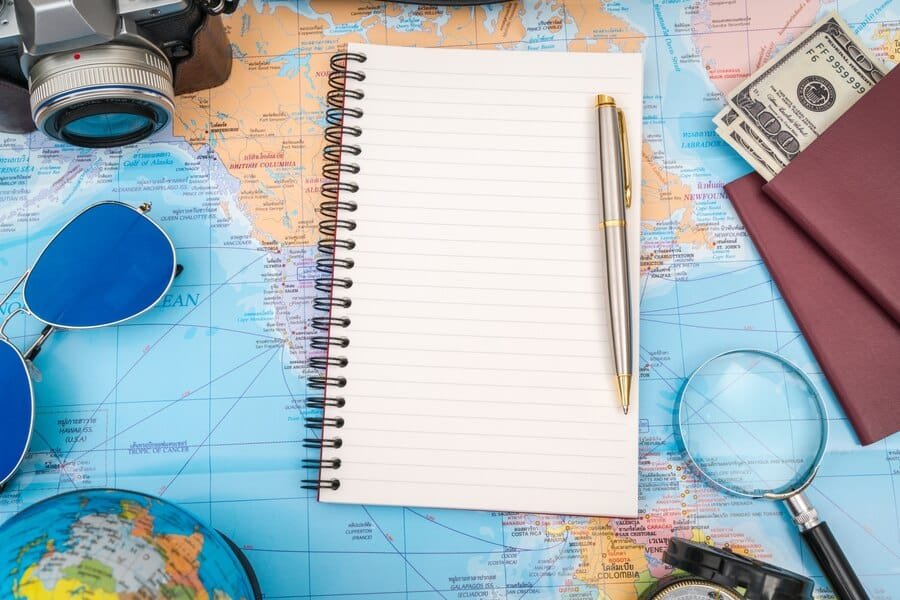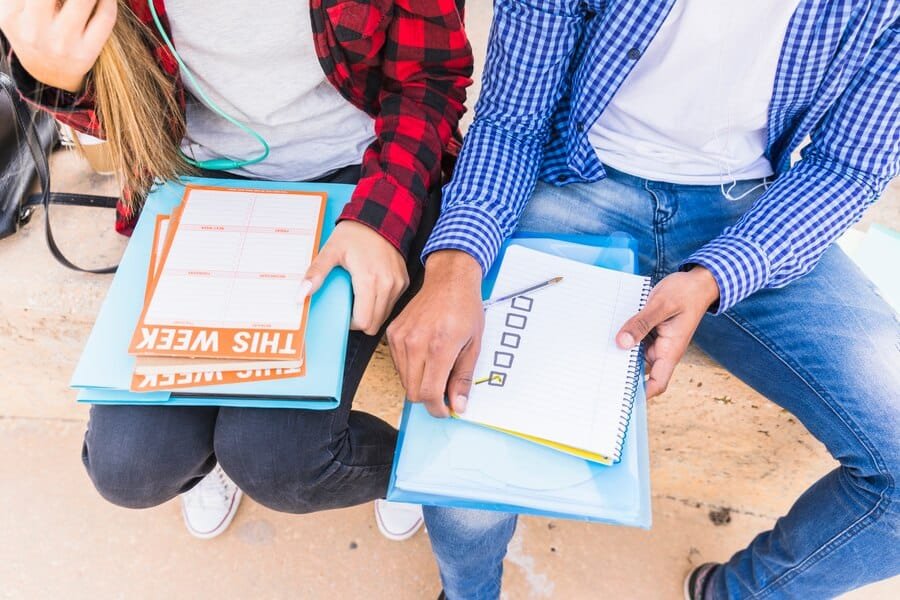Preparing for a study abroad experience can be both exciting and overwhelming. With so many details to manage, having a comprehensive checklist can help ensure that you are fully prepared for your adventure. This article presents a complete study abroad checklist, detailing what to prepare before you embark on your journey.
1. Documentation Essentials

Before you leave, gather all necessary documentation to avoid any last-minute issues:
- Passport: Ensure it is valid for at least six months beyond your intended stay.
- Visa: Apply for the appropriate student visa well in advance.
- Acceptance Letter: Keep a copy of your university acceptance letter.
- Travel Insurance: Purchase travel insurance that covers health, theft, and travel disruptions.
- Emergency Contacts: Create a list of important contacts, including family, friends, and your institution.
2. Financial Preparations
Managing finances abroad is crucial. Here are some steps to consider:
- Banking Arrangements: Notify your bank of your travel plans and consider setting up an international account.
- Local Currency: Order some local currency before you arrive to cover initial expenses.
- Budgeting: Create a budget plan that includes tuition, accommodation, food, transportation, and leisure activities.
3. Health and Safety
Your health should be a priority while studying abroad:
- Vaccinations: Check if any vaccinations are required or recommended for your destination.
- Medical Records: Bring copies of your medical records and any necessary prescriptions.
- Health Insurance: Ensure you have health insurance that meets the requirements of your host country.
4. Packing List
Packing smartly can make a significant difference in your comfort abroad:
- Clothing: Pack versatile clothing suitable for the climate of your destination.
- Electronics: Bring necessary electronics like a laptop, phone, and chargers; don’t forget an outlet adapter.
- Personal Items: Include toiletries, medications, and any personal items that may be hard to find abroad.
- Important Documents: Make copies of important documents (passport, visa, insurance) and store them separately from the originals.
5. Cultural Preparation
Understanding the culture of your host country can enhance your experience:
- Research Local Customs: Familiarize yourself with cultural norms and etiquette.
- Learn Basic Phrases: Knowing a few key phrases in the local language can go a long way in making connections.
6. Travel Arrangements

Plan how you will get to your destination and navigate once you arrive:
- Flight Tickets: Book round-trip tickets early for better prices.
- Airport Transfer: Arrange transportation from the airport to your accommodation in advance.
- Local Transportation: Research public transport options available at your destination.
7. Connecting with Others
Building a support network is vital for international students:
- Join Student Groups: Engage with international student organizations at your university.
- Social Media Groups: Join online communities related to your study abroad program to connect with fellow students.
Also Read : Student Visa Services: Key Requirements And Tips
Conclusion
A well-organized study abroad checklist can alleviate stress and ensure that you are fully prepared for your journey. By taking the time to gather essential documents, manage finances, pack wisely, and understand cultural nuances, you can maximize your study abroad experience. Embrace this opportunity for personal growth and adventure!
FAQs
1. What documents do I need before studying abroad?
- You will need a valid passport, student visa, acceptance letter from the university, travel insurance policy, and emergency contact information.
2. How can I manage my finances while studying abroad?
- Set up an international bank account if possible, notify your bank about travel plans, budget carefully for expenses, and carry some local currency upon arrival.
3. Do I need vaccinations before studying abroad?
- Some countries require specific vaccinations; check with health authorities or your university’s international office for recommendations.
4. How should I pack for my study abroad trip?
- Pack versatile clothing suitable for the climate, necessary electronics with adapters, personal care items, and important documents in separate locations.
5. Is it necessary to learn the local language?
- While not mandatory, knowing basic phrases can enhance communication and help you integrate into the local culture more easily.
6. How do I arrange transportation from the airport?
- Research transportation options such as buses or shuttles ahead of time or arrange for an airport pickup through your university or accommodation provider.




